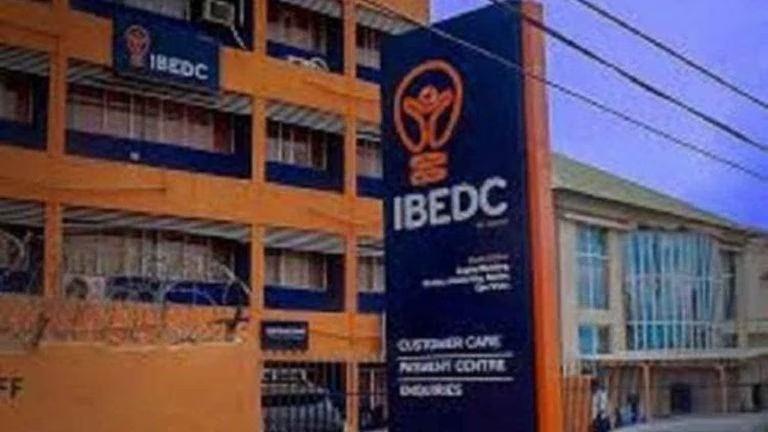Mass disconnection of electricity supply looms in Kwara State as consumers in the state owe the Ibadan Electricity Distribution Company of Nigeria (IBEDEC) Plc the sum of over N50 billion.
LEADERSHIP Friday recalls that the management of IBEDC had last month alerted electricity consumers within its franchise area to expect an imminent black out from June due to backlog of electricity bills.
It was gathered that the huge junk of the outstanding debts were from government ministries, departments and agencies including the Nigeria Air force, Navy and Army.
The IBEDC’s management said the market operator, a unit in the Transmission Company of Nigeria (TCN), was planning to disconnect its feeders from the national grid due to poor remittances.
Giving a breakdown of the company’s revenue loss data during a stakeholders’ engagement in Ilorin, Kwara State capital, the company’s lead media relations, Olori Busolami Tunwase, disclosed that electricity consumers in Jebba topped the chat with an outstanding of N25.8 billion.
She said consumers in Baboko followed with N18.9 billion while those in challenge district owed the sum of N7.4 billion.
Tunwase regretted that the huge debt profile from Kwara is hindering the company from fulfilling its obligations to its market operators, assuring “that when payments are made service will definitely improves.”
She advised consumers who intend to procure new pre-paid meters to shun third party so as not to be caught in the web of illicit meter and assured that IBEDEC will flood the market with meters.


previous post

